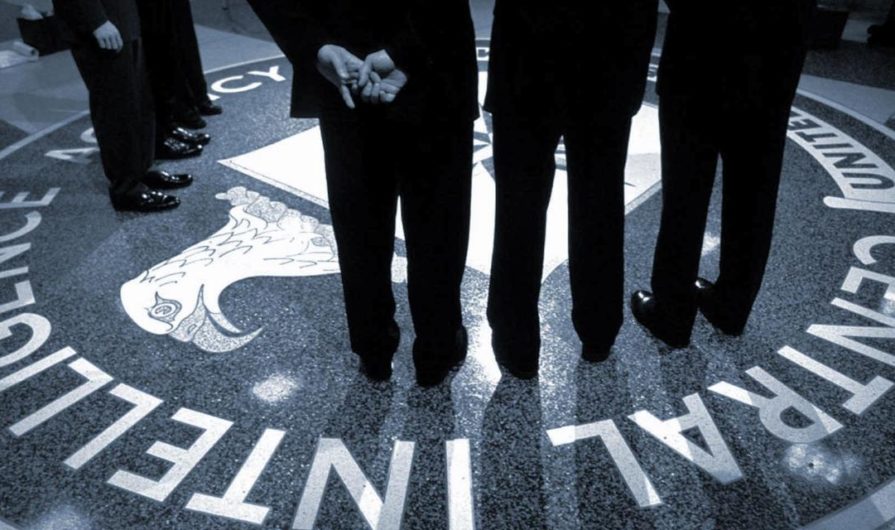With the CIA’s new deputy director, Gina Haspel, one wonders how difficult it might be now for someone who doesn’t believe in torture to get a job at the agency. Perhaps a sign should adorn the entrance of their personnel office, “No Liberal Wimps Need Apply.” Can’t help but think that one of the interview questions would be “How do you feel about torture? Are you comfortable inflicting extreme amounts of pain on other human beings?”
If you came off as too soft, too compasionate, not ruthless enough, the interviewers would probably conclude amongst themselves that you “didn’t have the belly for it” and call for the next interviewee.
With Ms. Haspel’s appointment, someone who oversaw a program that subjected prisoners to brutal interrogation techniques such as waterboarding (inducing the sensation of drowning), placing people in coffin-sized compartments, and sleep deprivation, there would appear to be a policy shift back to the dark days of the Bush Administration when torture was embraced as an effective tool to elicit intelligence. Her appointment is certainly a sign that the agency isn’t concerned at all with its image to the rest of the world.
Despite all of the moral posturing that followed the revelations of renditions of suspected terrorists and their transfer to friendly countries where torture could be carried out without interruption, no one ever went to jail for it or even paid a price in terms of career advancement. Even the destruction of 92 videotapes in 2005 showing the torture of two Al-Qaeda suspects, Abu Zubaydah and Abd al-Rahim al-Nashiri, went unpunished.
The appointment of Ms. Haspel as deputy director confirms that all of that outrage expressed over torture was nothing more than PR and grandstanding. One might even conclude that being involved in the torture program may have been beneficial for Ms. Haspel’s career at the agency whereas opposing the torture program may have been career suicide.
And if one is without torture experience, but still is interested in impressing Ms. Haspel at the interview and landing their dream job at the CIA, where can one go to learn all of the brutal techniques? I can’t imagine the interview won’t include at least a few questions on what torture techniques you feel are the most productive and which ones you are best at meting out.
The other question is how does one dress for such an interview. Do you dress as you would for a normal job interivew, or would you come into the interview wearing a rubber apron and rain boots? Would Ms. Haspel want to see someone eager to throw themselves into the job immediately or would she prefer someone a bit more humble and better at hiding what they do for a living?
No doubt this would be a job interview like no other. But if you do, in fact, have some experience in subjecting prisoners to waterboarding, locking them up in small, confined, spaces like coffins, and demonstrate that you are not squeamish at all when it comes to inflciting pain, both physical and psychological, to other human beings, then you might just have a shot.








